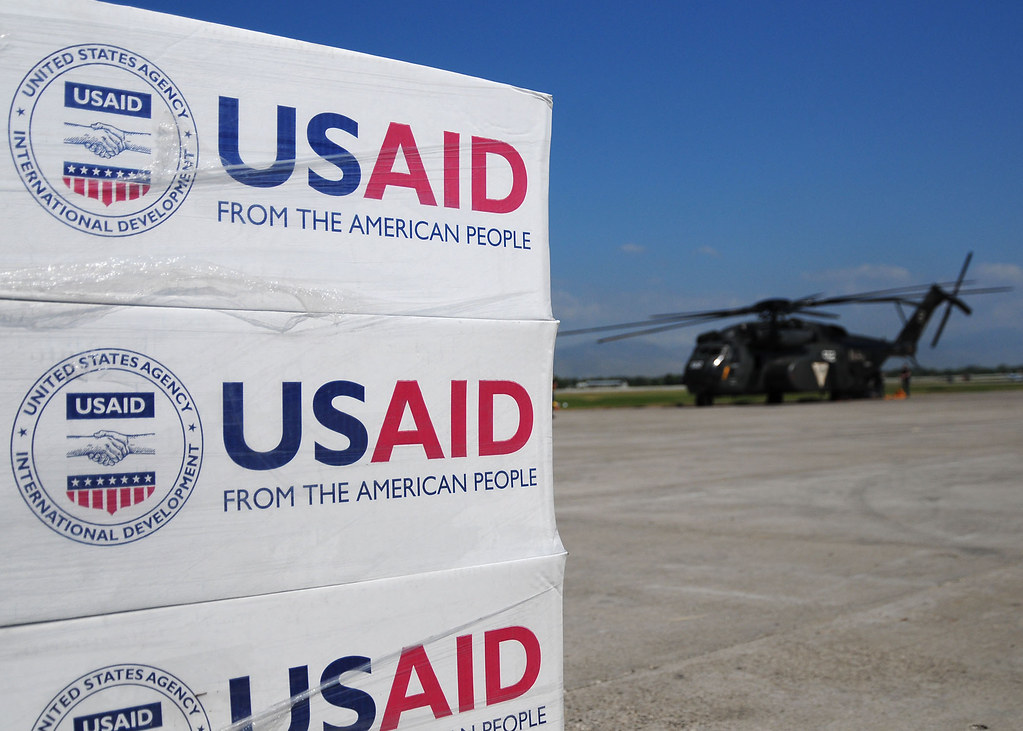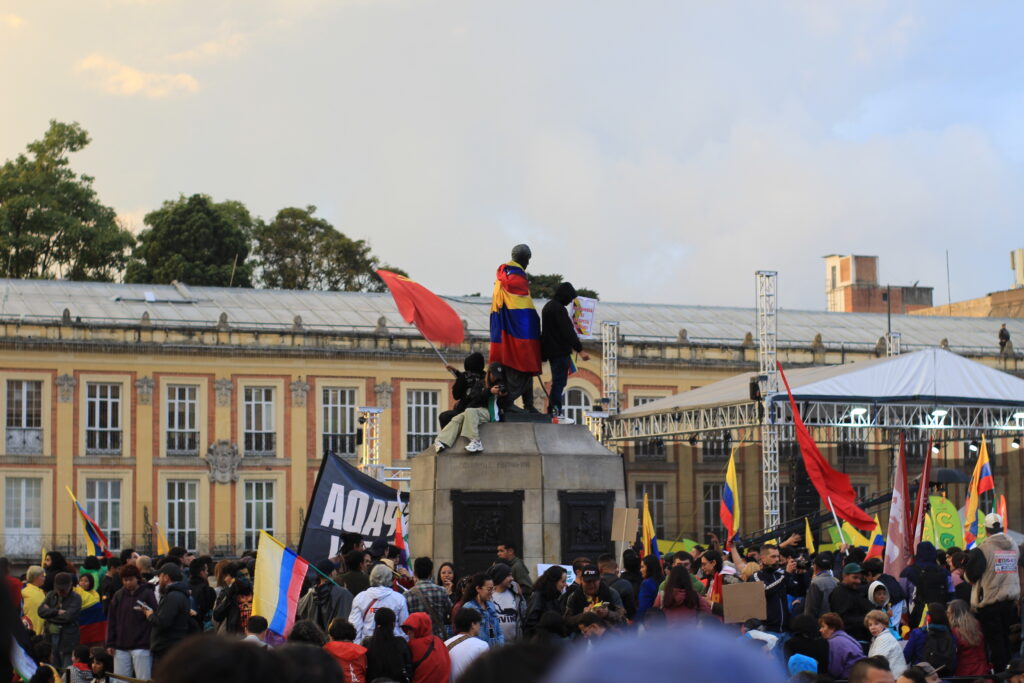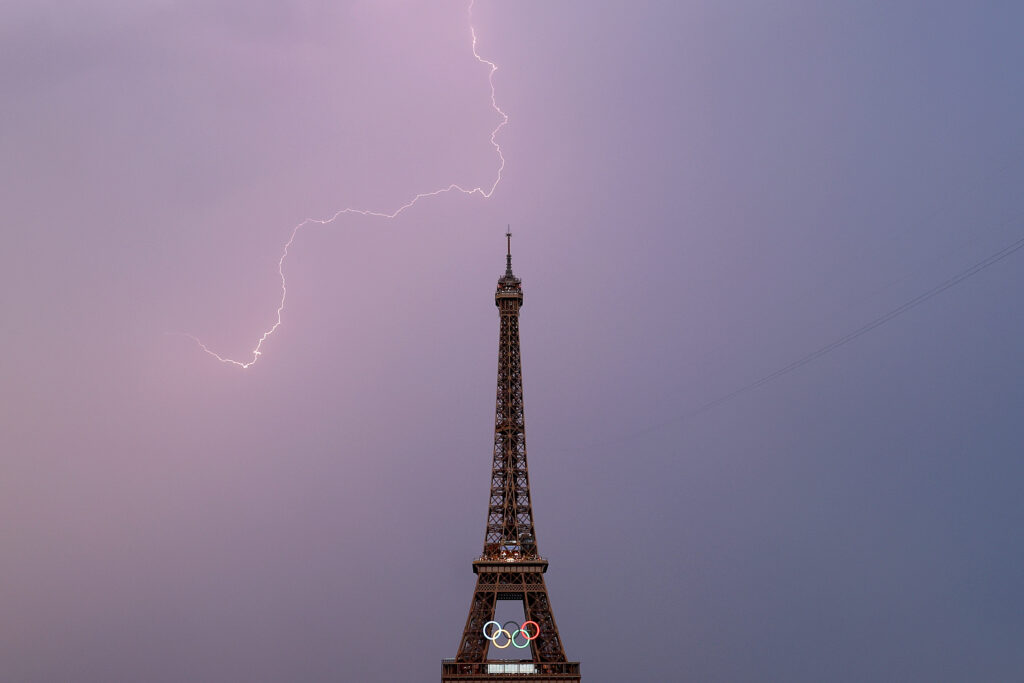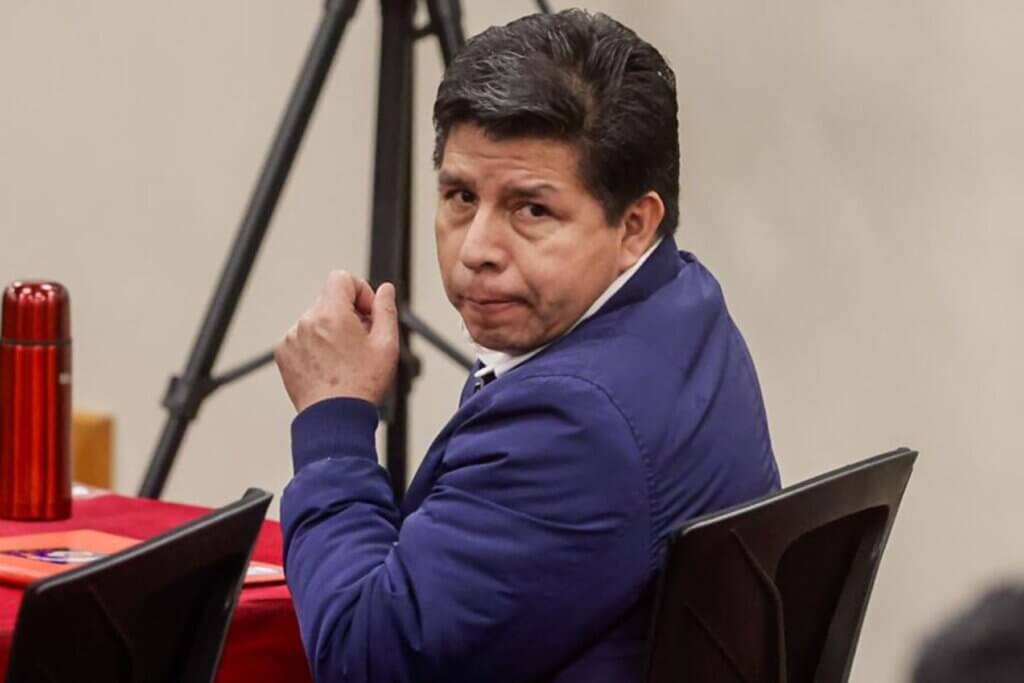Upon taking office on January 20, U.S. President Donald Trump signed an executive order which immediately halted all United States Agency for International Development (USAID) programs.
The executive order titled “Reevaluating and Realigning United States Foreign Aid,” insisted that the U.S. foreign aid industry and bureaucracy “are not aligned with American interests” and in many cases “antithetical to American values” instead “they serve to destabilize world peace.”
While a federal judge ordered to temporarily lift the 90-day ban last week, the Trump administration has kept USAID contracts frozen, according to a Tuesday night court filing first reported by Reuters.
The aid freeze caused uproar around the world, resulting in great uncertainty among international and civil society organizations as well as contractors who receive funding from the agency.
USAID was established in 1961 by President John F. Kennedy and it is the principal agency through which the U.S. extends assistance to countries recovering from disaster, trying to escape poverty and engage in democratic reform. It is often referred to as a mechanism for U.S. soft power influence around the globe.
Reportedly, the U.S. government provided more than 40% of all humanitarian aid accounted for by the UN in 2024. It spends about $72 billion on aid every year, $40 billion of which is distributed through USAID.
In 2023, USAID foreign assistance to Latin America and the Caribbean totalled over $2 billion. Even a 90 day-pause causes great harm to assistance in the region as agreed upon services and programs may be modified or discontinued.
Here are four ways the USAID funding freeze is impacting Latin America:
Migration
For Venezuelan migrants in other Latin American countries, the end of U.S. humanitarian aid represents yet another blow. In Brazil, an organization that assists Venezuelan migrants shut down operations of emergency water, sanitation and hygiene services in the border cities of Boa Vista and Pacaraima.
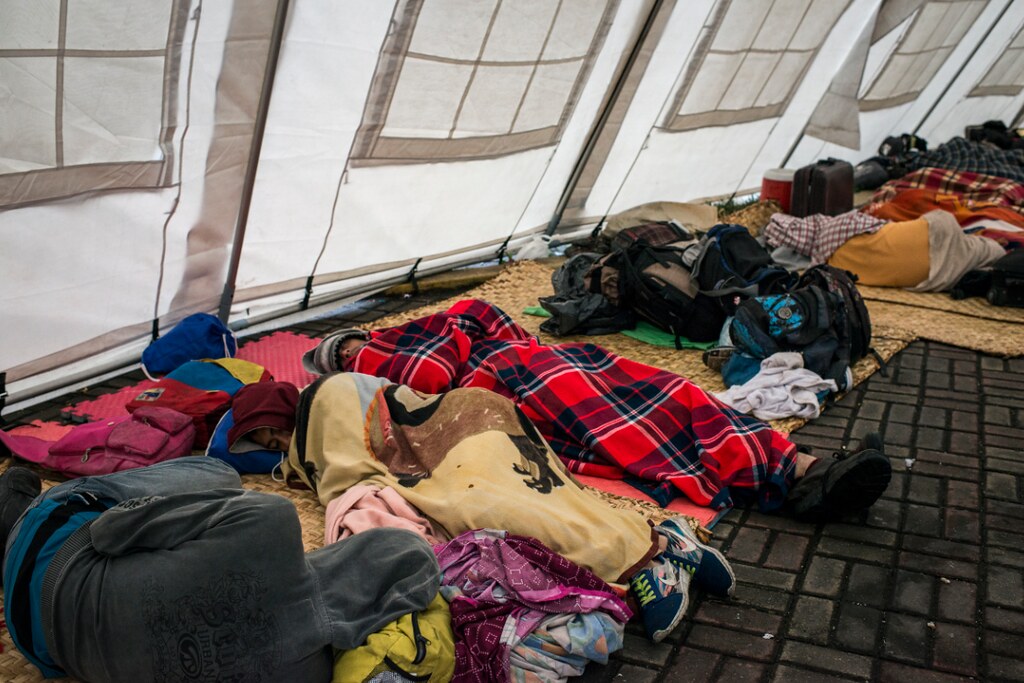
While U.S. Secretary of State Marco Rubio issued a waiver for “life-saving assistance”, vital programs remain suspended according to Human Rights Watch.
According to The Guardian, two Scalabrini International Migration Network shelters in Peru received notice from the UN’s International Organization for Migration (IOM) that its $50,000 donation for the year had been suspended. Every year, the shelters take in 2,000 migrants, mainly Venezuelan, but also Ecuadorians and Colombians fleeing internal conflict and violence.
The abrupt decision to cut USAID could also exacerbate migration in the region, as per The Guardian’s report.
Environment and Conservation
In 2024, USAID disbursed $22.6 million to Brazil and close to $14 million went to environmental protection of the Amazon. For example, the managed fishing of pirarucu, the Amazon region’s giant fish, is arguably the most successful sustainable resource effort supported by USAID.
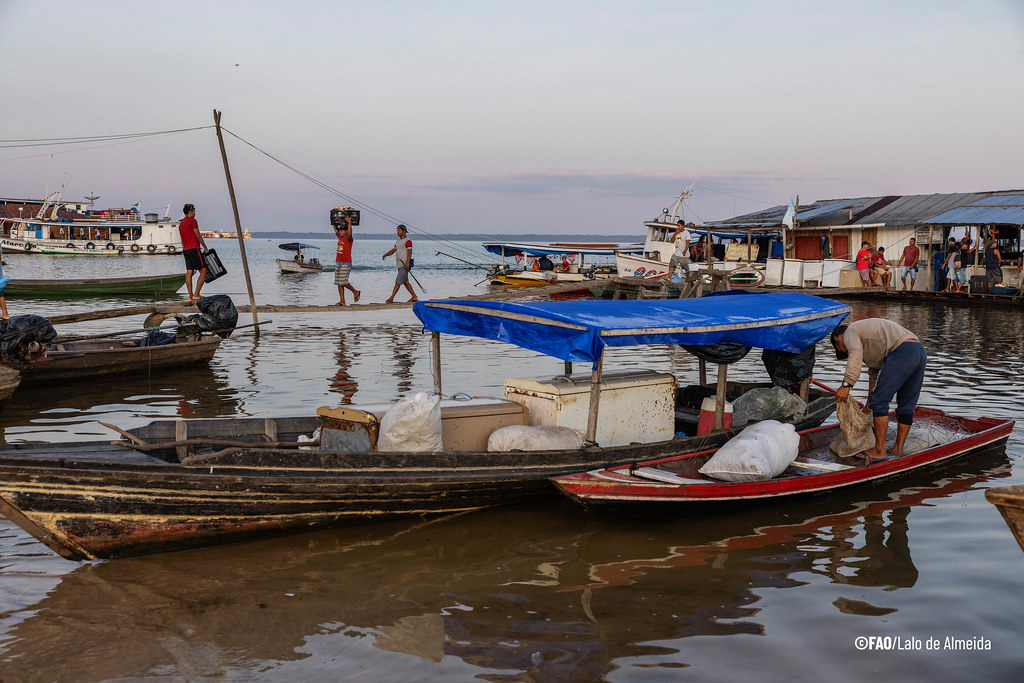
In recent weeks, according to the Associated Press, the Amazon-based Roraima Indigenous Council laid off workers and cancelled activities due to lack of funds. The council, which operates in 35 areas including the embattled Yanomami Indigenous Territory, provides money for improved family farming, adaptation to climate change and income generation for women, all crucial efforts in an area vulnerable to illegal gold mining and drug-trafficking.
In Peru, part of USAID funding goes toward controlling cocaine production through financing alternative crops such as coffee and cacao. In response to the cuts, the Peruvian Prime Minister Gustavo Adriazén stated that the government will continue crop substitution without U.S. funds as per the AP.
Pro-democracy efforts
The funding freeze is also having an impact on pro-democracy and human rights organizations operating in Latin American countries, specifically those in Cuba, Nicaragua and Venezuela.
Last year, USAID provided $33.1 million for “democracy, human rights and governance” watch groups as per a Voice of America report.
According to the Miami Herald, several civil society organizations used USAID funding to monitor the 2024 elections, allowing the opposition to gather precinct level voting-tallies and organize an independent vote count. These voting tallies served as proof of opposition candidate Edmundo González’s landslide victory in the July 28 election. The government of Nicolás Maduro proclaimed victory without publishing any evidence.
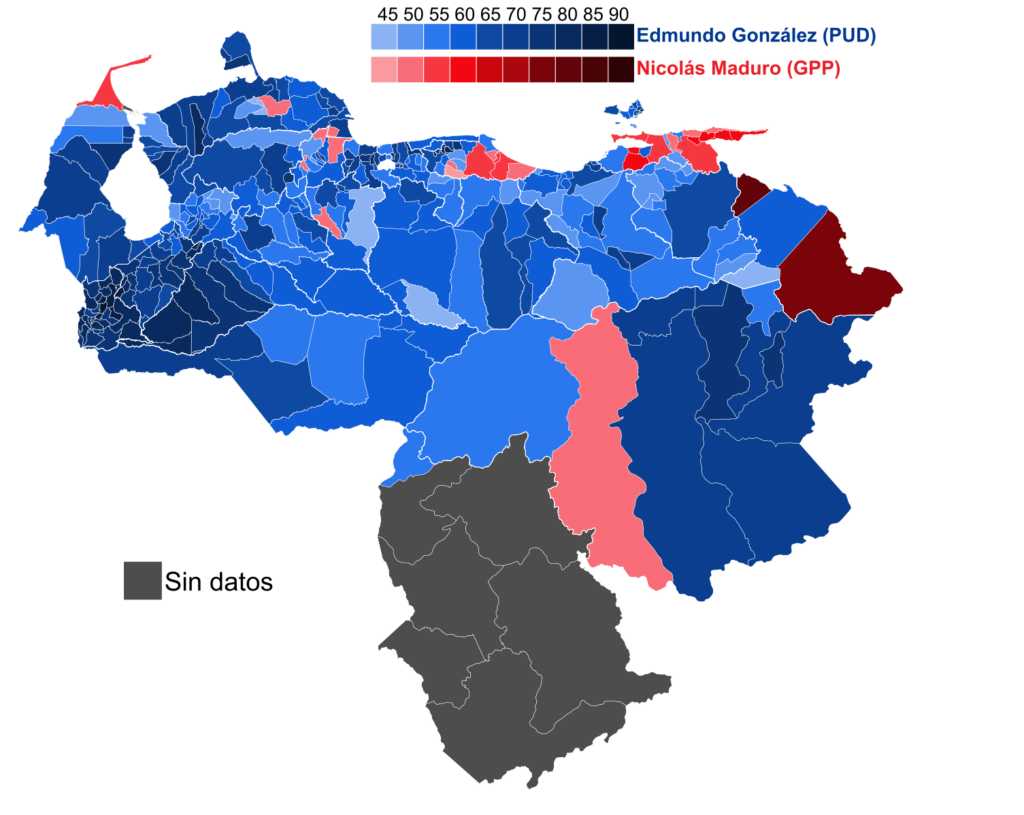
Independent Journalism
At least 60 media outlets and organizations have been affected by USAID funding cuts, the director of Distintas Latitudes, Jordy Melendez, told Mexican newspaper El Universal.
Distintas Latitudes is a Mexico-based NGO that seeks to create networks amongst media outlets and journalists in Latin American and the Caribbean. The organization’s operations were immediately affected by the funding freeze.
One of the projects at risk is the Latin American Network of Young Journalists (Red Latam) which serves around 450 journalists in 26 countries. The network focuses on boosting young talent, specifically supporting journalists who are migrants, in exile or who live in countries with high censorship.
In El Salvador, USAID funding has been central for the sustainability of investigative journalism for years. On February 11, a press release from the Association of Journalists of El Salvador (APES) titled “Journalism does not depend on money from USAID to keep asking questions,” stated that the association is part of the group affected by the suspension of funds.
The association denounced President Nayib Bukele’s accusation that independent media is part of a “global money laundering operation whose objective is to push the globalist agenda,” he said on X.
“The journalism that APES defends and will continue to defend is an intellectual craft based on asking questions, honest curiosity, principles and method of verification, not money,” the press release continued.
Even if some foreign aid resumes after the 90 day pause ordered by President Trump, many programs and services in areas qualified as ideological, like women’s rights and climate change, may be discontinued altogether.
Featured Image Credit:
Image: Pallets of food, water and supplies staged to be delivered
Creator: MC2(SW) CANDICE VILLARREAL
Source: https://www.flickr.com/photos/usaid_images/4288415235/in/photostream/
Credit: https://creativecommons.org/licenses/by-sa/4.0/deed.en


